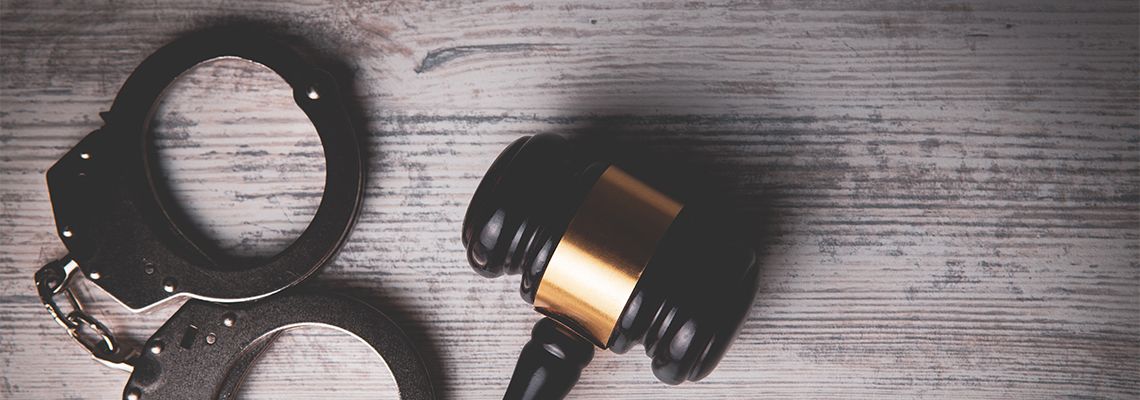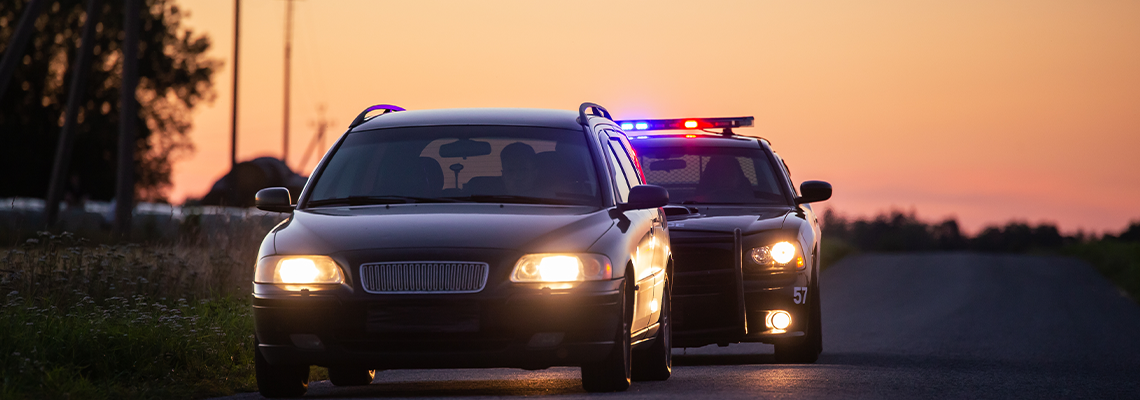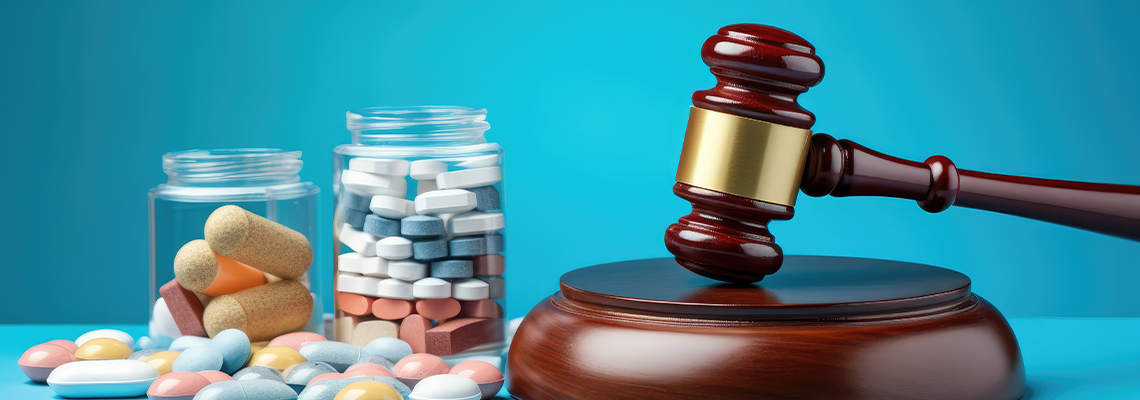When facing criminal charges, understanding the difference between a felony and a misdemeanor is critical. Felonies and misdemeanors carry very different consequences, and knowing what is at stake can make a big difference when planning a defense.
Can You Refuse a Breathalyzer Test?
If you have been pulled over on suspicion of a DWI, the officer who pulls you over will probably ask you to submit to a breathalyzer test. Many people in this situation aren’t aware of their rights or the possible consequences of a refusal to submit to a test. So let’s get down to the main question: Can you refuse a breathalyzer test?
The good news is that in the state of New York, the police cannot (under normal circumstances) physically force an individual to submit to a chemical test. The bad news is that New York is an “implied consent” state, in which every driver is presumed to have consented to testing by virtue of having gotten behind the wheel to drive. This means that while you can refuse a breathalyzer test, doing so can and will be used against you in a DWI case and may carry DMV license penalties for just refusing.
If you or a loved one has recently been charged with a DWI, contact the Law Office of Michael D. Litman. Michael Litman has been defending his clients around the NYC Metro area since 2007. He founded the Law Office of Michael D. Litman in 2014, to focus exclusively on DWI and criminal defense cases. We have the knowledge and the experience to help you achieve the best possible outcome in your DWI or criminal case. If you have questions or need to set up a consultation, contact us online or call us today. Our firm will work with you from your arrest all the way through to trial.
What Happens if You Refuse a Breathalyzer?
After the officer stops you for suspicion of a DWI, the officer will ask you to take a chemical tests for intoxication. This can include blood tests, breath tests, or urine tests. The most common of these is the breath test, but the law concerning refusal to submit to a test is the same, regardless of the type of test. New York’s implied consent laws require you to submit to any and all of these chemical tests, including the “portable breath tests” (PBTs) that officers are likely to give you, on the side of the road, before the arrest takes place.
No matter the test, the purpose is to determine the driver’s blood alcohol concentration (BAC). This is the amount of alcohol in your blood, expressed as a percentage. The legal limit for charging a driver with DWI is a BAC of 0.08 percent. However, if your BAC is below 0.08 percent, you can be charged with driving while ability impaired (DWAI). Refusing a Breathalyzer test can lead to its own set of penalties, but a refusal can also limit the prosecution’s ability to prove that your BAC was above the legal limit
Refusing a breathalyzer test can be a risk, in other words. There are penalties for refusing to submit to a breathalyzer test, and we’ll get into that later.
It should be noted that there are certain situations where the police can get a warrant to physically force you to submit to a chemical test. This usually applies only to extremely dire cases, such as when there has been an accident in which someone has been killed or seriously injured and the police have reason to suspect that you caused the accident by driving while impaired. In those cases, the police will often bring you to a hospital to draw blood for analysis. In all other cases, you have the option to refuse a chemical test, regardless of the implied consent laws.
Is There a Penalty for Refusing a Breathalyzer Test?
Refusing a breathalyzer test can make it harder for the prosecution to prove the case against you since your refusal means they have no test results which show that you were above the legal limit. The refusal can still be used against you, as a sign of consciousness of guilt, in a DWI trial. The prosecutor will try to offer testimony to the jury that you refused to have your blood alcohol level tested.
Even if your refusal to submit to a chemical test allows you to avoid a DWI conviction, you could face serious DMV and license consequences for your refusal. The penalties for refusing a breathalyzer test become steadily more severe with each subsequent refusal. Here are a few of the possible DMV penalties for refusing to submit to a chemical test:
First Refusal
License suspension for one year
Fine of $500
Second Refusal
License suspension for 18 months (with a prior refusal or DWI conviction in the last 5 years)
Fine of $750 (if you have either refused testing or had a DWI conviction in the last 5 years)
Third Refusal
License suspension for 18 months (with a prior refusal or DWI conviction in the last 5 years)
Fine of $750 (if you have either refused testing or had a DWI conviction in the last 5 years)
If an officer alleges that you refused to take a breath test, you will be entitled to a DMV refusal hearing, where an administrative law judge (ALJ) determines if the officer properly advised you of the consequences of the refusal before you refused. The officer must tell you that your license will be suspended and revoked for the refusal, regardless of the outcome of the DWI case. The officer must also tell you that the refusal can be used against you at trial.
Prosecutors won’t just use the refusal against you at trial, many District Attorney’s Offices are not offering plea bargain reductions were drivers refused to take a breathalyzer test, as a penalty for the refusal. Although this penalty does not make sense since drivers do not know that there will be no plea bargain offered when they make the decision to refuse.
So, once again: you can refuse to submit to a breathalyzer test in New York. Refusing carries its own set of penalties, however, and does not guarantee that you won’t be found guilty of a DWI. It may be that there are some situations where refusing to submit to a chemical test is the best choice for you. But it’s important for you to realize that refusing a chemical test carries its own set of penalties, ranging from license suspension and revocation to serious fines that become more severe with each subsequent refusal.
Contact Us
Since 2014, the Law Office of Michael D. Litman has been representing the criminal defense needs of the citizens of White Plains, Westchester County, and the New York Metro area. With DWI attorney Michael Litman defending his clients since 2007, we have the knowledge and the experience to help with all your DWI or criminal charges.
If you have questions or need to set up a consultation, contact us online or call us today. Our firm will work with you from the arraignment all the way through the trial.
RECENT POSTS
Driving while intoxicated (DWI) charges in New York carry serious and lasting consequences. When someone pleads guilty or is convicted, the impact goes far beyond fines or jail time.




